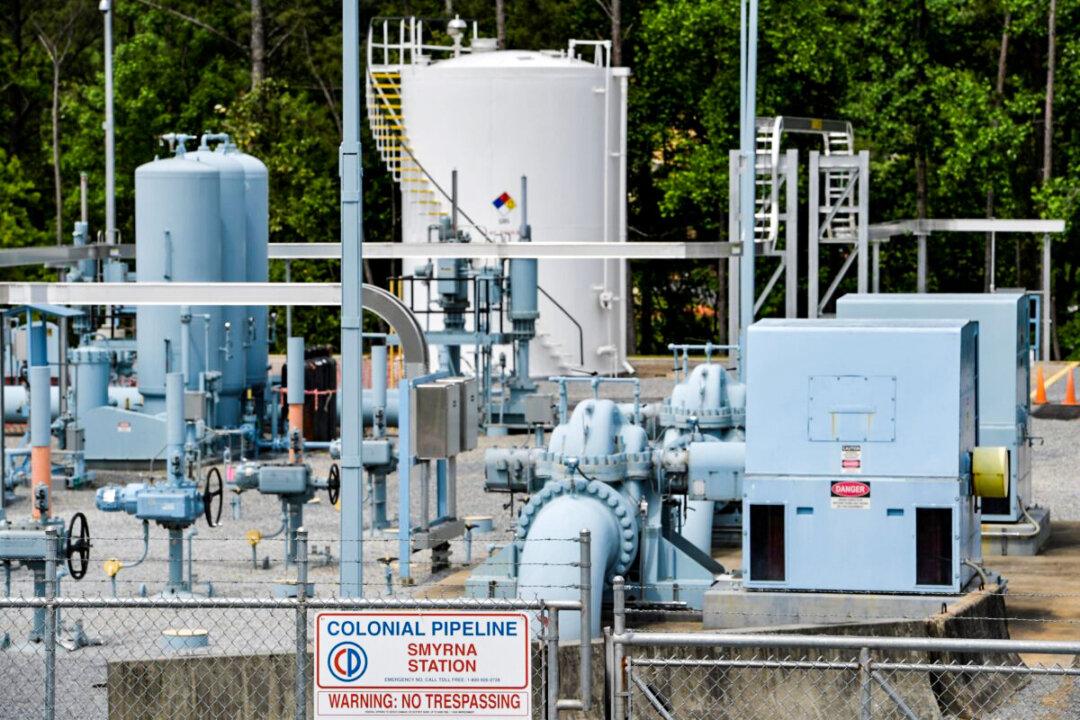Victims of ransomware attacks paid hackers $590 million during the first six months of 2021, more than in all of 2020, according to an analysis of suspicious activity reports by the Treasury Department.
The number and severity of ransomware attacks surged in 2021. Prominent incidents include the hacking of the Colonial Pipeline, which paid the hackers millions to unlock its systems. The attack led to gasoline shortages on the East Coast.





